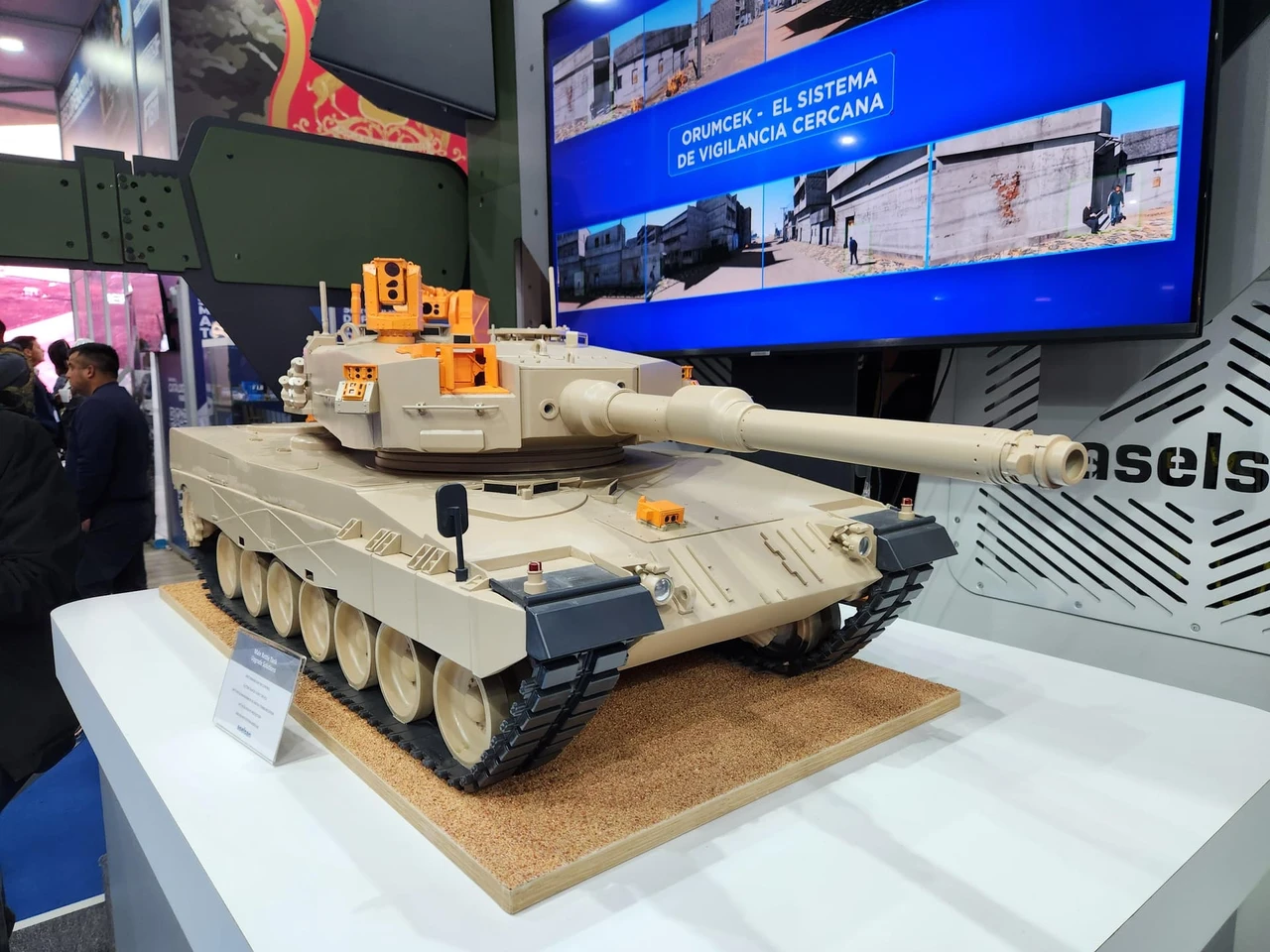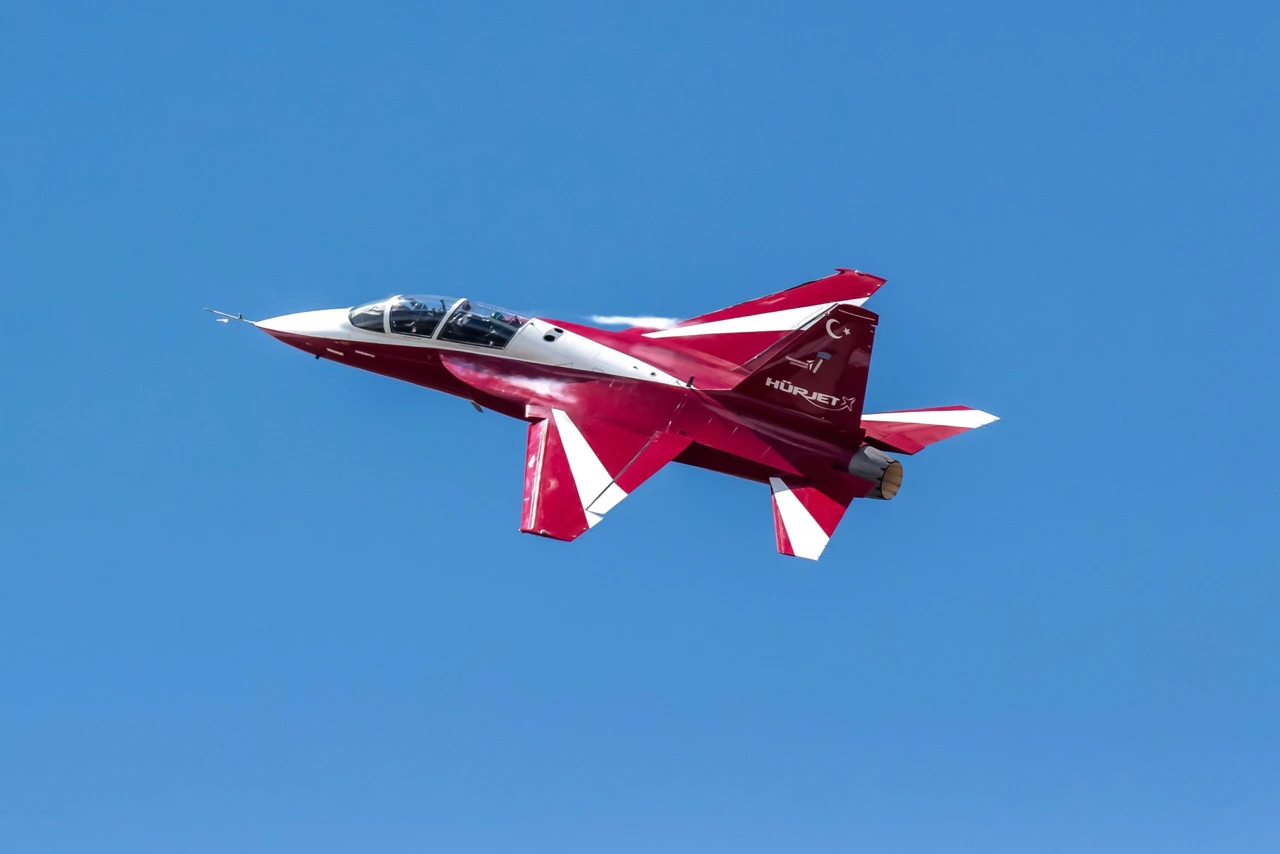Baltic leaders warn of troop deployment to Ukraine amid Russian concerns

Parliamentarians from the Baltic countries conveyed a solid message to German officials, warning that they would send troops to Ukraine if Russia made significant territorial gains.
According to German news website Der Spiegel, these lawmakers expressed caution during discussions at the Lennart Meri Conference in Tallinn, Estonia.
Der Spiegel did not disclose the identities of these officials or their respective countries, but they expressed concerns about German Chancellor Olaf Scholz’s approach to the conflict.
Scholz’s stance, which aligns with Washington’s policy of not allowing Ukraine to use German-supplied weapons in strikes on Russian soil, aims to confine the conflict within Ukraine’s borders.
The Baltic representatives feared these cautious policies might inadvertently bolster Russia’s position in Ukraine.
They raised concerns that if Russia made significant advances in eastern Ukraine, their governments and Poland could deploy troops to the conflict zone before direct Russian intervention.
Their argument, as outlined by Der Spiegel, suggested that showing restraint toward Moscow might escalate tensions rather than deter further aggression.
This sentiment reflects growing unease among NATO allies, especially countries with shared borders or historical ties to Russia.
The Baltic countries, including Estonia, Latvia and Lithuania, have been strong advocates within NATO for increasing support for Ukraine, anticipating broader Russian ambitions beyond Ukraine if not checked.
Their discussions mirror ongoing debates within NATO, with indications from leaders like French President Emmanuel Macron suggesting a willingness to deploy alliance troops in Ukraine.
However, such actions could escalate the conflict into a direct NATO-Russia confrontation, a scenario all parties aim to avoid while maintaining a robust deterrent stance against further Russian aggression.
Recent signals from Estonia about deploying troops in non-combat roles illustrate a delicate balancing act between supporting Ukraine and avoiding direct confrontation with Russia.
The situation remains dynamic, with NATO members weighing their commitments to Ukraine’s defense against the risks of escalating tensions in the region.



